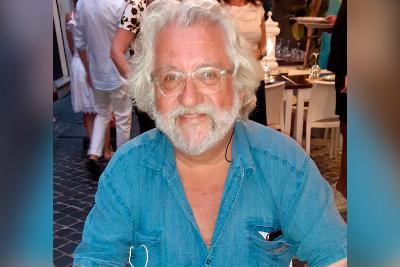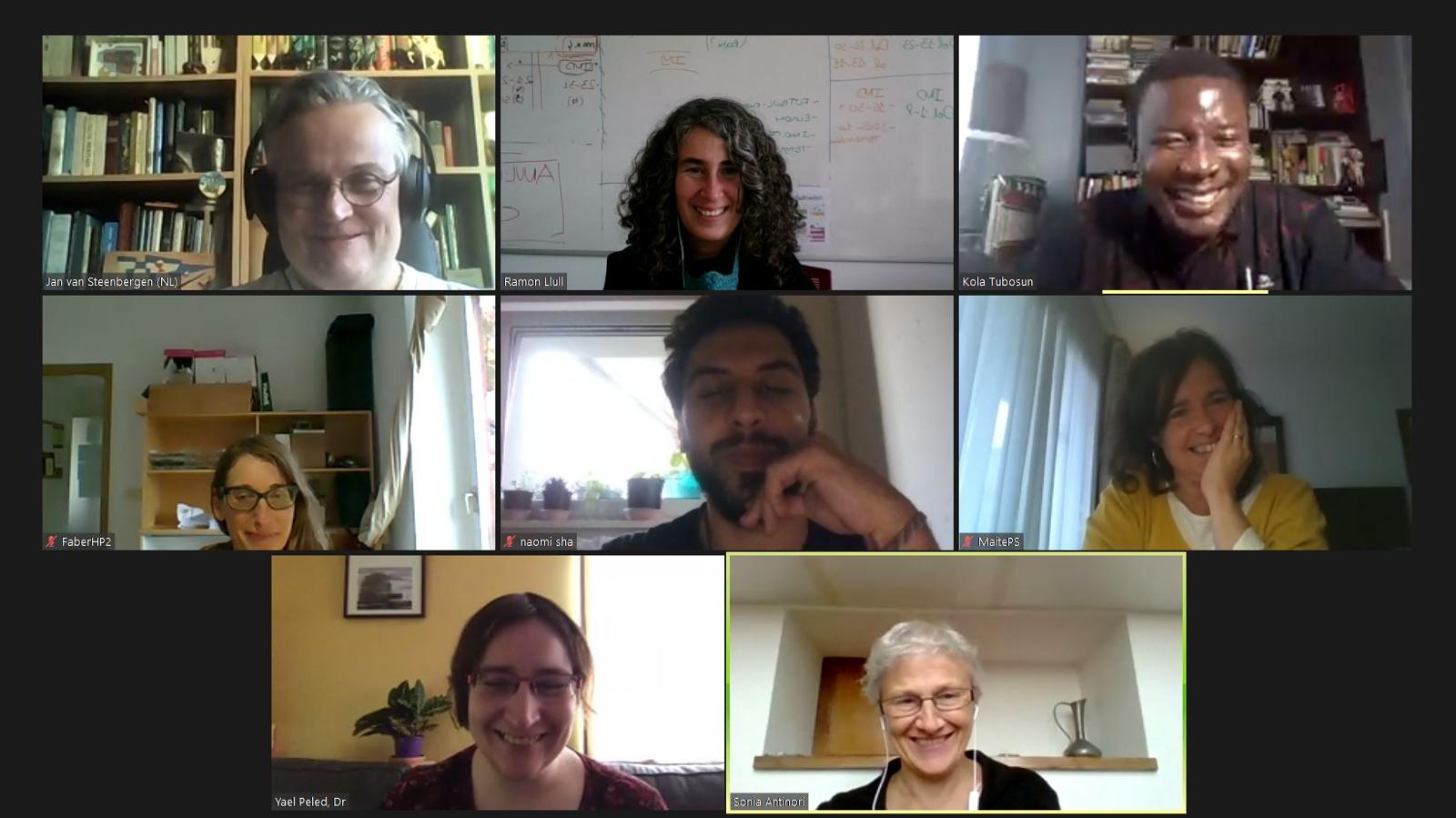Collective residencies / LINGUISTIC RIGHTS / Olot
MAURIZIO GNERRE (ON LINE)
From Friday, 6 November 2020 to Friday, 13 November 2020

Bio
Maurizio Gnerre is an Italian linguist-anthropologist (Casale Monferrato, 23/05/1949). He conducted his field researches in South and Central America. His main research topics are: language contacts under conditions of colonial and missionary expansion, language ideologies, semantics of Indigenous unwritten languages He has analyzed under different perspectives both: Shuar/Achuar (Aénts /Jíbaro family, Ecuadorian Amazon) and Ombeayiüts (Huave, of Southern Mexico). He got the degree of Doctor in Letters and Philosophy at the University of Rome (la Sapienza) and studied anthropology at the Department of Anthropology of the University of California at Berkeley. He has been a lecturer and Professor in different Italian universities (Florence, Bologna, Rome, Cassino and Naples (l’Orientale). During seven years he was full professor at the university of Campinas (SP, Brazil), for one years at the university of Muqdishu (Somalia), for one year at the Institute of Ethiopian Studies, Addis Ababa, Ethiopia) and for some semesters at the University of the Basque Country, Vitoria-Gasteis, Spain. He is the author of several essays (published in Brazil, Ecuador, France, Italy, UK, USA) and of two books: Perfil de una lengua amazónica (Vitoria, Universidad del país Vasco, 2000) y La saggezza dei fiumi (Roma, 2003).
Project
As it is well known, many peoples, under heavy colonial and missionary pressures, had to abandon the languages spoken by their ancestors. In recent decades, however, plenty of work has been done to recover at least in part some of those dismissed languages, in their way to full oblivion. There are some cases, however, of peoples fully aware of the political relevance of recovering somehow the languages spoken by their ancestors but dismissed under colonial and religious ideological pressure, who have tried to “re-fund” those lost languages. To this purpose, they recovered lexical items still “remembered” by elders and in some cases preserved in old hand-written records, or published sources. In most cases the recovered lexical items were / are implemented using the morpho-syntactic structures of the dominant language. Personally, I know three of these cases, all in South America, although I am aware of several other similar cases elsewhere in the world.
While at Faber I will work on the data from the three cases I know: the Bantu-Portuguese language of the Afro-descendants of Cafundó (SP, Brazil), the “lost” language of the Záparas of the Ecuadorian Amazon, and that of the Patxorrã of the Pataxos of the Atlantic coast of Brazil (Bahia State). These three cases of recovered, or made-up languages are, in different degrees, examples of linguistic “invention”, and for this reason many academic linguists, conditioned by concepts of “purity” and “authenticity” do not consider them “valuable” cases. Each one of these three cases was made possible, and grew, under different socio-historical and ideological conditions. In the Cafundó case the “new” language” grew as a “secret” code facing the slave masters. Along the last thirty years, this function was increasingly lost and the “secret” language has been almost completely dismissed. In the second case, that of the Zápara language, while it was severely threatened with complete oblivion, was included (in 1990) into UNESCO’s list of the “immaterial goods”. As a consequence of this important recognition, some Zápara leaders and school teachers became active to preserve it, but as an output of their action, a “new” Zápara language was “made up”. In the last case, the Pataxós were able to work out their “new” language, called Patxorrã and currently taught in the bilingual indigenous schools, mostly at Coroa Vermelha (Porto Seguro, Bahia). Beyond the reconstruction and description of these three cases a pertinent question to be put in terms of language rights is about the possible “limits” of linguistic rights and the social, ideological and linguistic value of these “made-up” “new” languages which became marks of local identity, providing continuity with a past which colonialism and missionary presence had erased.

